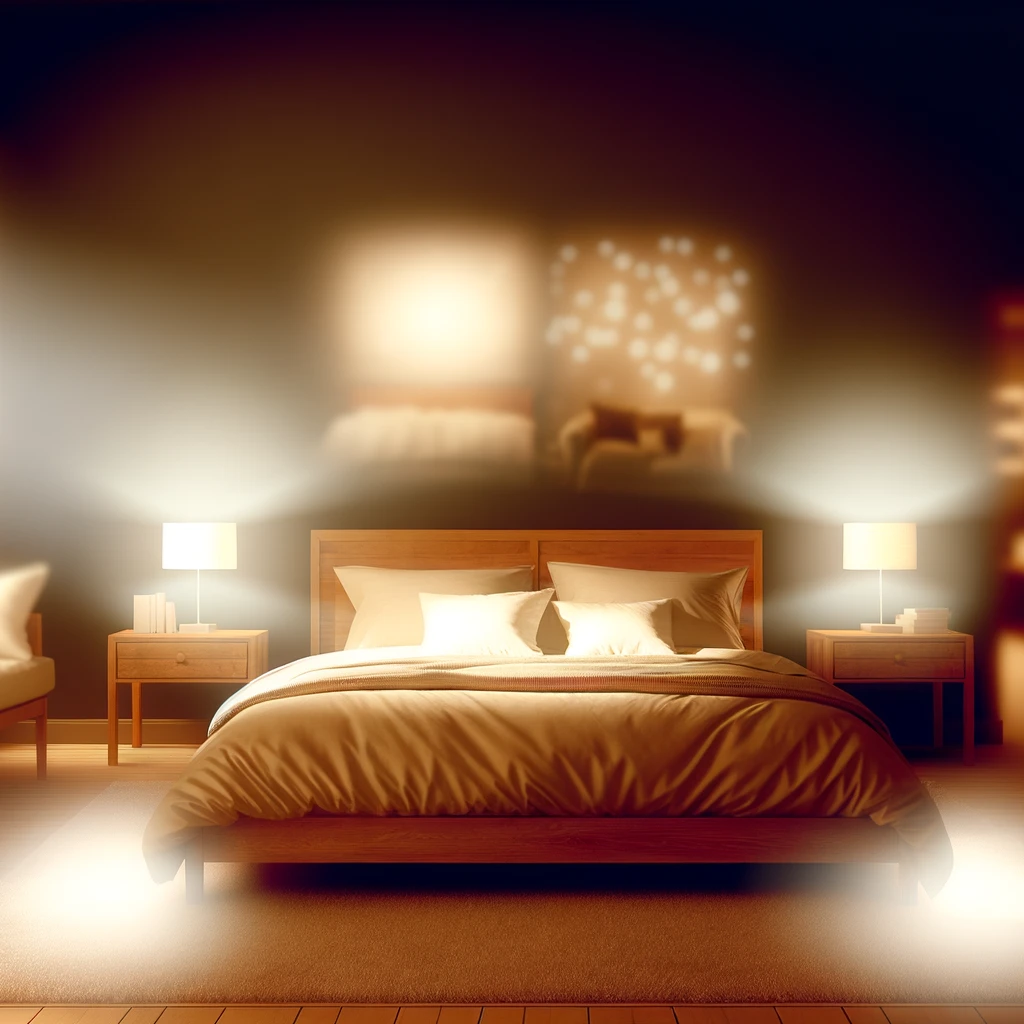Related Articles











Sleep and mental health are closely intertwined. Understanding this connection can help individuals improve their overall well-being. In this article, we delve into how sleep affects mental health, the consequences of sleep deprivation, and ways to enhance sleep quality for better mental health.
Sleep is a vital biological process that affects every aspect of our lives. It is during sleep that the body undergoes restorative processes, including the regulation of hormones, repair of tissues, and consolidation of memories. The brain's activity is intricately linked to sleep cycles, and disturbances in sleep can significantly affect mental health.
Research indicates that consistent sleep patterns play a crucial role in emotional regulation and cognitive function. Lack of sleep can lead to irritability, stress, and difficulty concentrating. Furthermore, chronic sleep deprivation is associated with increased risks of various mental health disorders, including anxiety, depression, and bipolar disorder.
Sleep deprivation affects the brain's ability to process emotions and manage stress. It can exacerbate symptoms of existing mental health issues and contribute to the development of new conditions. The cyclical relationship between sleep and mental health means that poor sleep can lead to mental health problems, which in turn can further disrupt sleep.
Studies have shown that sleep-deprived individuals are more likely to experience negative emotions and have difficulty coping with stress. The lack of sleep impairs the prefrontal cortex, a part of the brain responsible for decision-making and emotional control, leading to increased impulsivity and emotional reactivity.
Individuals with insomnia or other sleep disorders often report higher levels of anxiety and depression. The persistent lack of restorative sleep can intensify feelings of hopelessness and lead to a vicious cycle where anxiety and depression make it even more challenging to achieve quality sleep.
Enhancing sleep quality can have a profound impact on mental health. Here are strategies to improve sleep hygiene and promote better mental well-being:
Going to bed and waking up at the same time every day helps regulate the body's internal clock, making it easier to fall asleep and wake up naturally.
Ensure your sleeping environment is conducive to rest. This includes a comfortable mattress, appropriate room temperature, and minimizing noise and light disruptions.
The blue light emitted by devices can interfere with the production of melatonin, a hormone that regulates sleep. It is advisable to avoid screens at least an hour before bedtime.
Incorporating relaxation practices such as meditation, deep breathing exercises, or progressive muscle relaxation can ease the transition to sleep and reduce stress levels.
Understanding the connection between sleep and mental health is essential for maintaining overall well-being. Prioritizing good sleep hygiene can improve mental health outcomes and enhance daily functioning. By adopting healthy sleep practices, individuals can break the cycle of sleep deprivation and mental health challenges, leading to a more balanced and fulfilling life.